The US airstrikes on Iranian nuclear facilities have sparked a wide range of reactions from the international community who is reeling after reports emerged of a surprise attack on Iranian nuclear facilities.
According to sources, the alleged attack, attributed to the United States, has sparked widespread condemnation and raised concerns about the potential consequences for global security.
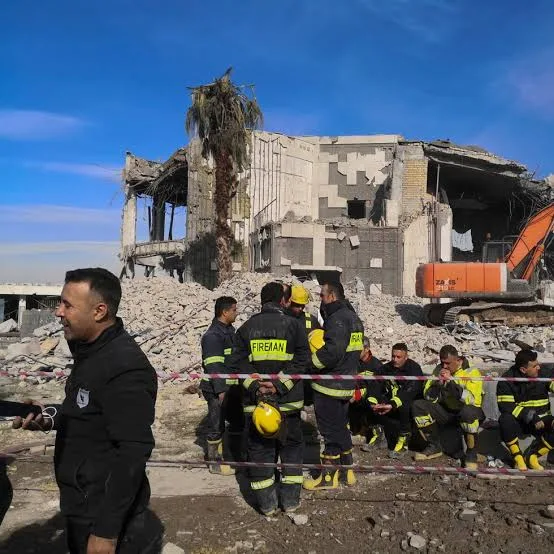
Details about the attack remain scarce, but reports suggest that multiple nuclear facilities in Iran were targeted, resulting in significant damage and potential disruptions to the country’s nuclear program.
From its side the Iranian government has issued a statement strongly condemning the attack, describing it as a “blatant act of aggression” and vowing to take all necessary measures to protect its sovereignty and national security.
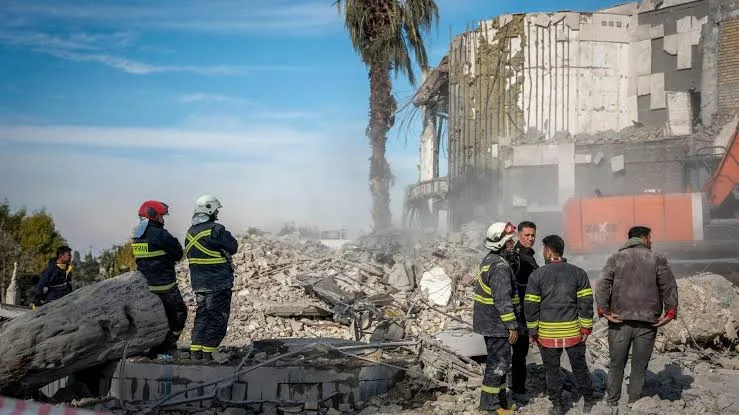
The United Nations has called for an emergency meeting to discuss the situation, with representatives from various countries expressing their concerns about the potential escalation of tensions in the region.
The European Union, China, and Russia have all issued statements urging restraint and calling for a peaceful resolution to the situation.
As the situation continues to unfold, concerns about the potential consequences for global security and stability are growing. The attack has sparked fears of a wider conflict in the Middle East, and the international community is working to prevent further escalation.
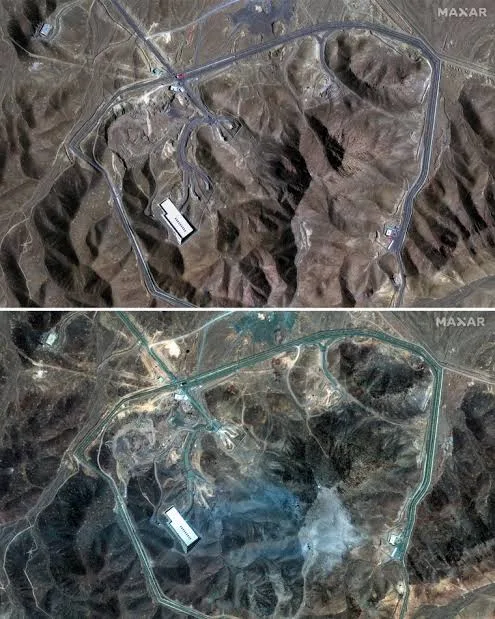
Countries who are Supporting the Airstrikes
– *Israeli Prime Minister Benjamin Netanyahu*:
Praised the US strikes, saying they were conducted “in full coordination with Israel” and will “change history”. He congratulated President Trump on his “bold decision” to target Iran’s nuclear facilities.
– *US Republicans*:
Some Republican lawmakers, such as House of Representatives Speaker Mike Johnson and Senate Majority Leader John Thune, have expressed support for the airstrikes. Johnson stated that the president’s decisive action prevents Iran from obtaining the most lethal weapon on the planet.
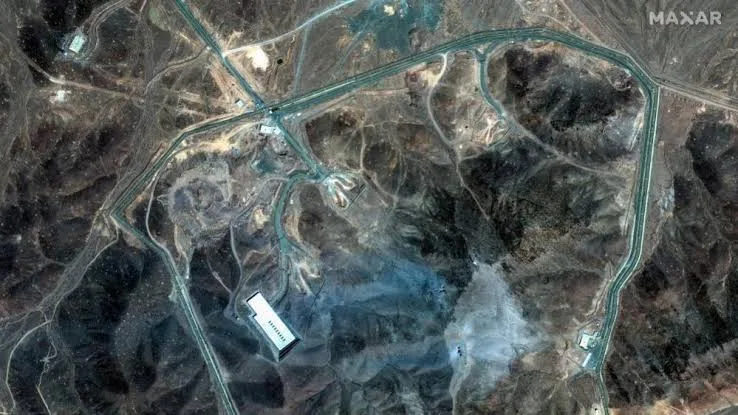
Countries who are Condemning the Airstrikes
– *Iranian Foreign Minister Abbas Araqchi*:
Warned of “everlasting consequences” and stated that Tehran reserves all options in response to the attack. He condemned the US action as a “grave violation of the UN Charter, international law, and the nuclear Non-Proliferation Treaty”.
– *United Nations Secretary-General António Guterres*:
Expressed concern over the potential for further escalation and called for diplomacy. He stated that there is “no military solution” and that the “only path forward is diplomacy”.
– *Venezuela*:
Condemned the US military aggression against Iran and demanded an immediate cessation of hostilities.
– *Cuba*:
Strongly condemned the US bombing of Iran’s nuclear facilities, calling it a “dangerous escalation” that violates the UN Charter and international law.
– *China*:
Questioned whether the US is repeating “its Iraq mistake in Iran”, calling the strikes a “dangerous turning point”.
-* Egypt *
Condemned the US airstrikes as the conflict and danger to the region expands. It stressing on the important of working to stopping the escalation between Israel and Iran, warning of the serious consequences of the expansion of the conflict in the region, and stressed on the need to return to the negotiating table to prevent bloodshed.
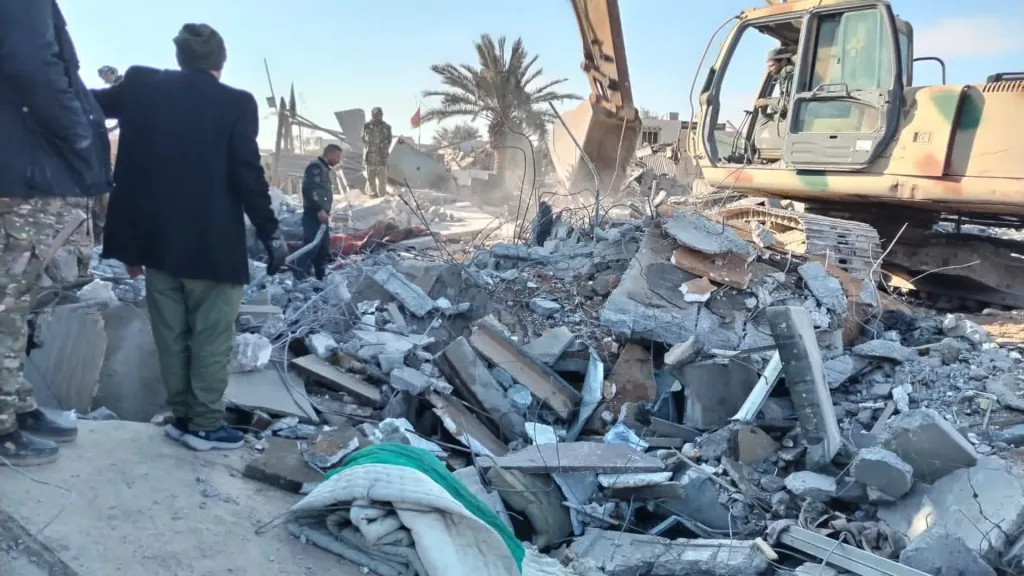
Calling for De-escalation
– *New Zealand Foreign Minister Winston Peters*:
Urged all parties to return to talks and avoid further escalation. He emphasized that diplomacy will deliver a more enduring resolution than further military action.
– *Australian Government*:
Called for de-escalation, dialogue, and diplomacy, stating that the security situation in the region is highly volatile.
– *European Union*:
Urged all sides to step back and return to the negotiating table to prevent further escalation.
– *Italian Foreign Minister Antonio Tajani*: Expressed hope for de-escalation and Iran’s return to the negotiating table.
– *Mexican Foreign Ministry*: Urged diplomatic dialogue for peace between the parties involved in the Middle East conflict.
